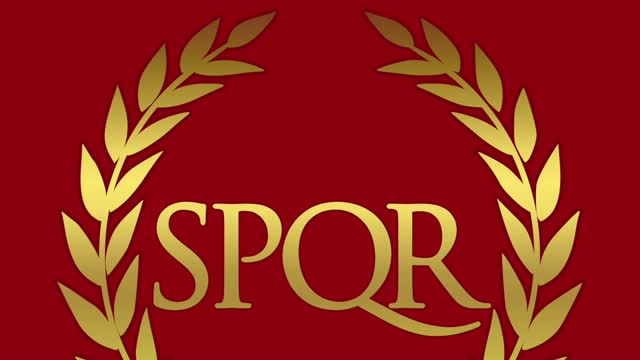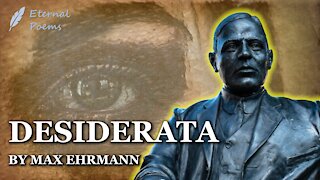Premium Only Content

PV Studium ad Desiderata in Trivium et Quadrivium
PV Studium ad Desiderata in Trivium et Quadrivium
http://zazzle.com/ProVaticanus
#Desiderata #Trivium #Quadrivium
This is a Visual Revision of the Seven Liberal Arts in the Christian tradition per consideration of the pattern of these Fourteen Wise and Celebrated Men:
Trivium:
Grammar = St. Isidore of Seville & St. Jerome having mastered etymologies;
Logic = St. Thomas Aquinas & St. Athanasius the Great having mastered the deduction of the written word;
Rhetoric = St. Augustine of Hippo & St. John Chrysostom having mastered the art of persuasion;
Quadrivium:
Arithmetic = Gregory IX & St. Pius X having compiled the numerology of canons;
Geometry = Alexander VI & Cesare Borgia having carved the world;
Astronomy = Paul IV & Christopher Columbus having interpreted the signs of discovery;
Music = St. Gregory the Great & St. Ambrose having written down the song of angels.
ABOUT THE LIBERAL ARTS.
Based on the types of studies that were pursued in the Classical world, the Seven Liberal Arts became codified in late antiquity by such writers as Varro and Martianus Capella. In medieval times, the Seven Liberal Arts offered a canonical way of depicting the realms of higher learning.
The Liberal Arts were divided into the Trivium ("the three roads")
and the Quadrivium ("the four roads").
The Trivium consisted of:
• Grammar
• Rhetoric
• Logic
The Quadrivium consisted of:
• Arithmetic -- Number in itself
• Geometry -- Number in space
• Music, Harmonics, or Tuning Theory -- Number in time
• Astronomy or Cosmology -- Number in space and time
The medieval Quadrivium thus followed the division of mathematics made by the Pythagoreans. Recently, mathematics has been defined as "the study of patterns in space and time," which very much resembles the ancient Pythagorean understanding of mathematics.
There were other important studies in medieval times. For example, philosophy was often envisioned as a metastudy that united all branches of knowledge. For this reason, Philosophia is depicted in the illustration below as nourishing the Seven Liberal Arts.
-
 5:55
5:55
ProVaticanus
2 months agoMappa pro ΧΡ+SPQR+SRE+ per Imperium Romanum post mortem Theodosii Magni (~395 A.D.) #ProVaticanus
40 -
 6:48
6:48
Coverine
3 years agoTrivium - Catastrophist Bass Cover (Tabs)
36 -
 3:14
3:14
EternalPoems
3 years ago $2.80 earnedDesiderata - Max Ehrmann | Eternal Poems
1.09K -
 5:09
5:09
Coverine
3 years agoTrivium - In Waves Bass Cover (Tabs)
6 -
 3:12
3:12
Coverine
3 years agoTrivium - Built To Fall Bass Cover (Tabs)
23 -
 5:21
5:21
Coverine
3 years agoTrivium - Until The World Goes Cold Bass Cover (Tabs)
21 -
 LIVE
LIVE
RonjnJeremy
9 hours ago $6.83 earnedClassic Wow 20th Anniversary edition HC SF, Rogue..PT8 lvl 46+ Just need to stay alive...
298 watching -
 1:50:28
1:50:28
Jesús Enrique Rosas
6 hours agoEp. 51: Gates wants CENSORSHIP, Colbert MESSES UP, AOC meltdown, Hanks LEAVING and MOAR!
76.9K32 -
 1:45:47
1:45:47
The Quartering
8 hours agoHuge Censorship Law To Pass, Trump Endorses Johnson, TikTok is Saved? & Today's News!
98.4K77 -
 55:59
55:59
The Amber May Show
6 hours agoCommon Behaviors That May Indicate You Are In An Abusive Relationship| Grace Bishara
3.54K1